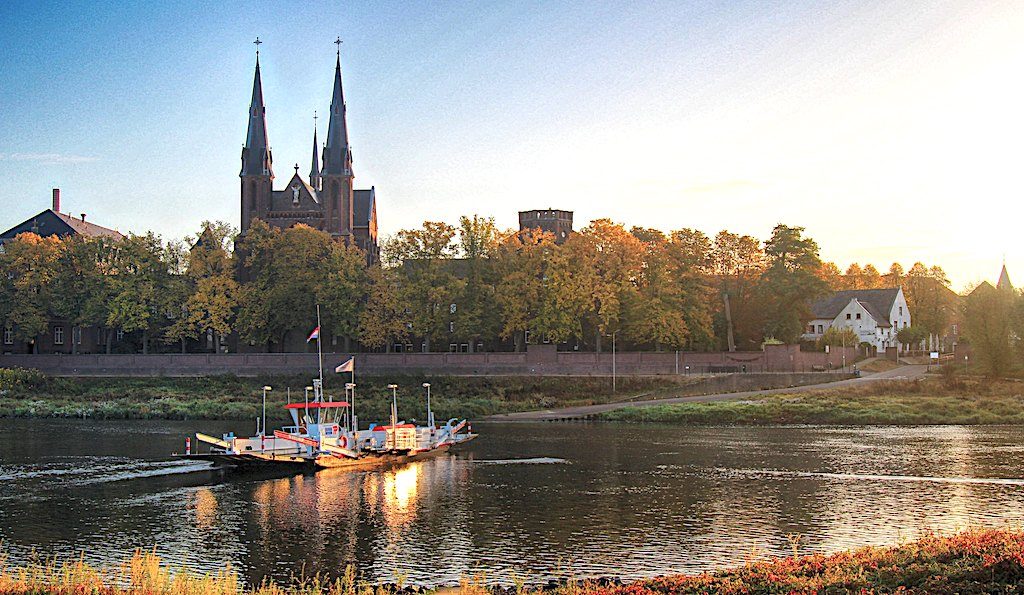Dutch geothermal sector calls for clearer conditions and better support
Following the unfortunate bankruptcy filed for a geothermal company in Limburg, Netherlands, the Dutch geothermal sector is calling upon the Dutch government for clearer conditions and better support for geothermal development and operations.
This week, Dutch news outlets reported on the bankruptcy of geothermal energy company CLG Geothermie in Limburg, Netherlands. For many in the industry this raises fears on the impact of – seemingly – insufficient support of geothermal energy by the Dutch government.
That’s what Sjaak van der Tak, chairman of Glastuinbouw Nederland, says. According to him, the bankruptcy filing shows that the government is not clear about the conditions for geothermal energy. For example, the Limburg geothermal source was shut down due to possible earthquake risks, while this risk is very limited according to research. Van der Tak fears that geothermal energy will become a topic of discussion in the negotiations for a new greenhouse horticulture agreement.
CO2 provision and the ODE rates
In recent months, the CO2 supply and ODE tariffs in particular have been discussed as conditions for a new agreement. “I hope that the development of geothermal energy does not end up in that list. As a greenhouse horticulture and BV Netherlands we really need all the options to eventually become climate neutral. ”
Positive advice does not follow
Bankruptcy has been filed after a two-year shutdown due to potential earthquake risks. Clarity would come this month, because the Ministry of Economic Affairs had to assess the extraction plan. That advice was not forthcoming. Consultation with State Supervision of Mines (SSM) and the ministry seems to confirm that the intended consent will not come either, writes shareholder and private area developer California BV.
This organization is a shareholder together with three growers. SSM does not seem to be able to completely rule out the risks of earthquakes, despite external research that nuanced those risks and that shareholders had to finance themselves.
“The Ministry of Economic Affairs and Climate (EZK), the competent authority for all mining activities in the Netherlands, was initially enthusiastic [for the project], CLG recalls. All permits for the drilling and later the extraction of geothermal energy are available and irrevocable. The light quake, which did not cause any damage, changed the situation.
State Supervision of Mines (SSM), the regulator of all mining activities in the Netherlands, stated that on the basis of the investigation it cannot be ruled out with 100% certainty that this quake was caused by the extraction of geothermal energy. To that for a reason it cannot agree to resume extraction.”
For a more detailed background (in Dutch), you can read this article by Groenten Nieuws.
Using German models
According to the regional chair of greenhouse horticulture of LLTB Jean Aerts, SSM should take a look at Germany. “It is striking that just across the border in Germany, the judgment is very different about the same subsurface and geothermal energy is being developed with good risk models . We will now have to look at what other options we have: biomass, shallow geothermal energy, hydrogen? Here too there are advantages and disadvantages. ”
Source: groenten & fruit


















